
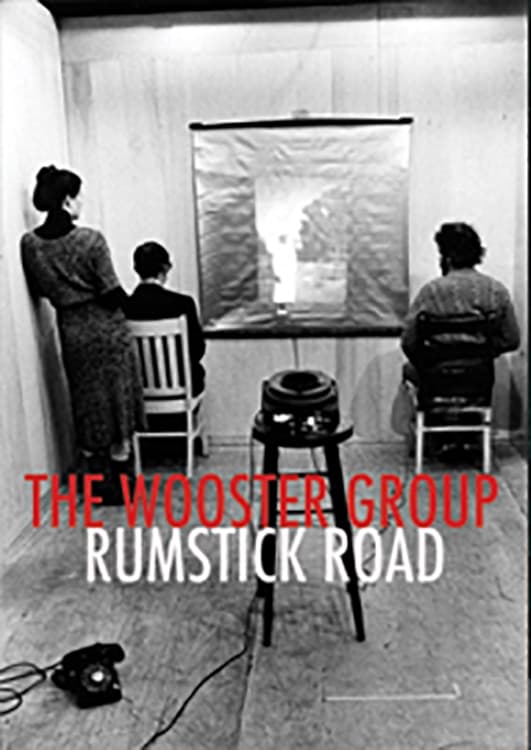
A video reconstruction of the 1977 Wooster Group production Rumstick Road, an experimental theater performance created by Spalding Gray and Elizabeth LeCompte after the suicide of Gray's mother. Archival recordings are combined with photographs, slides, and other materials to recreate the original production.
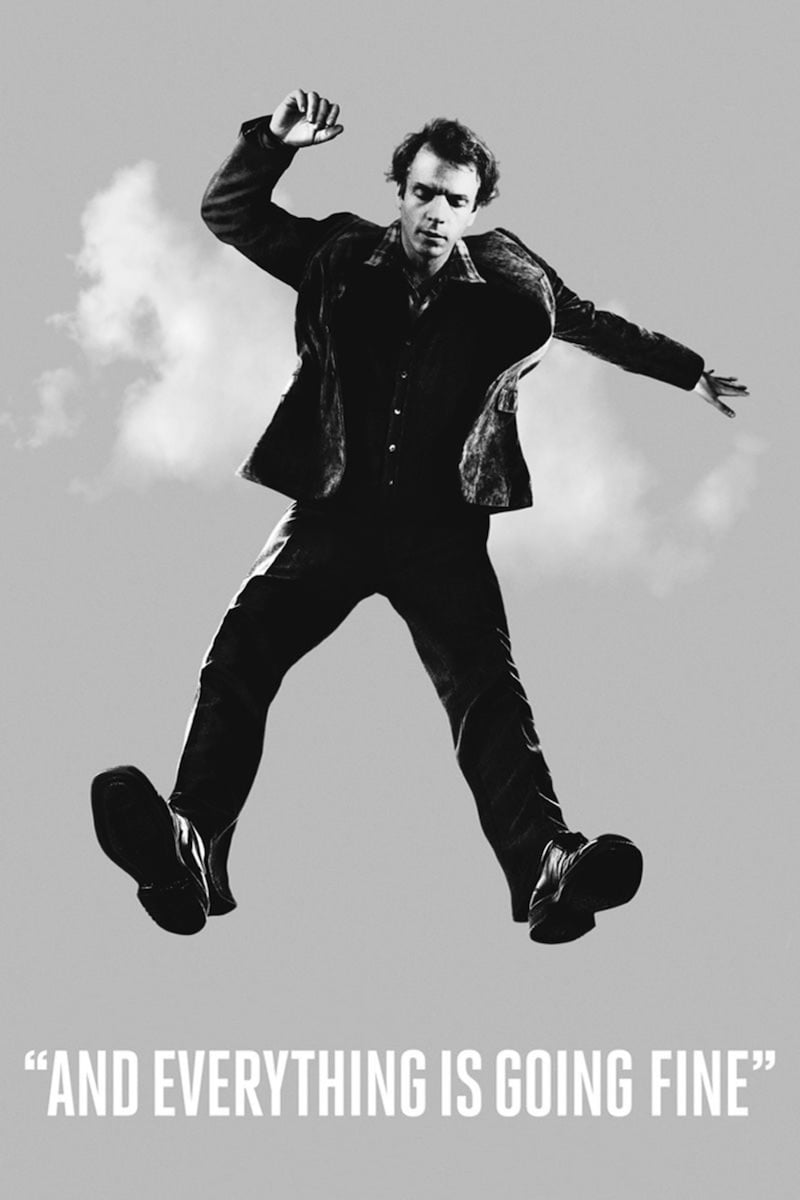
From the first time he performed Swimming to Cambodia - the one-man account of his experience of making the 1984 film The Killing Fields - Spalding Gray made the art of the monologue his own. Drawing unstintingly on the most intimate aspects of his own life, his shows were vibrant, hilarious and moving. His death came tragically early, in 2004; this compilation of interview and performance footage nails his idiosyncratic and irreplaceable brilliance.
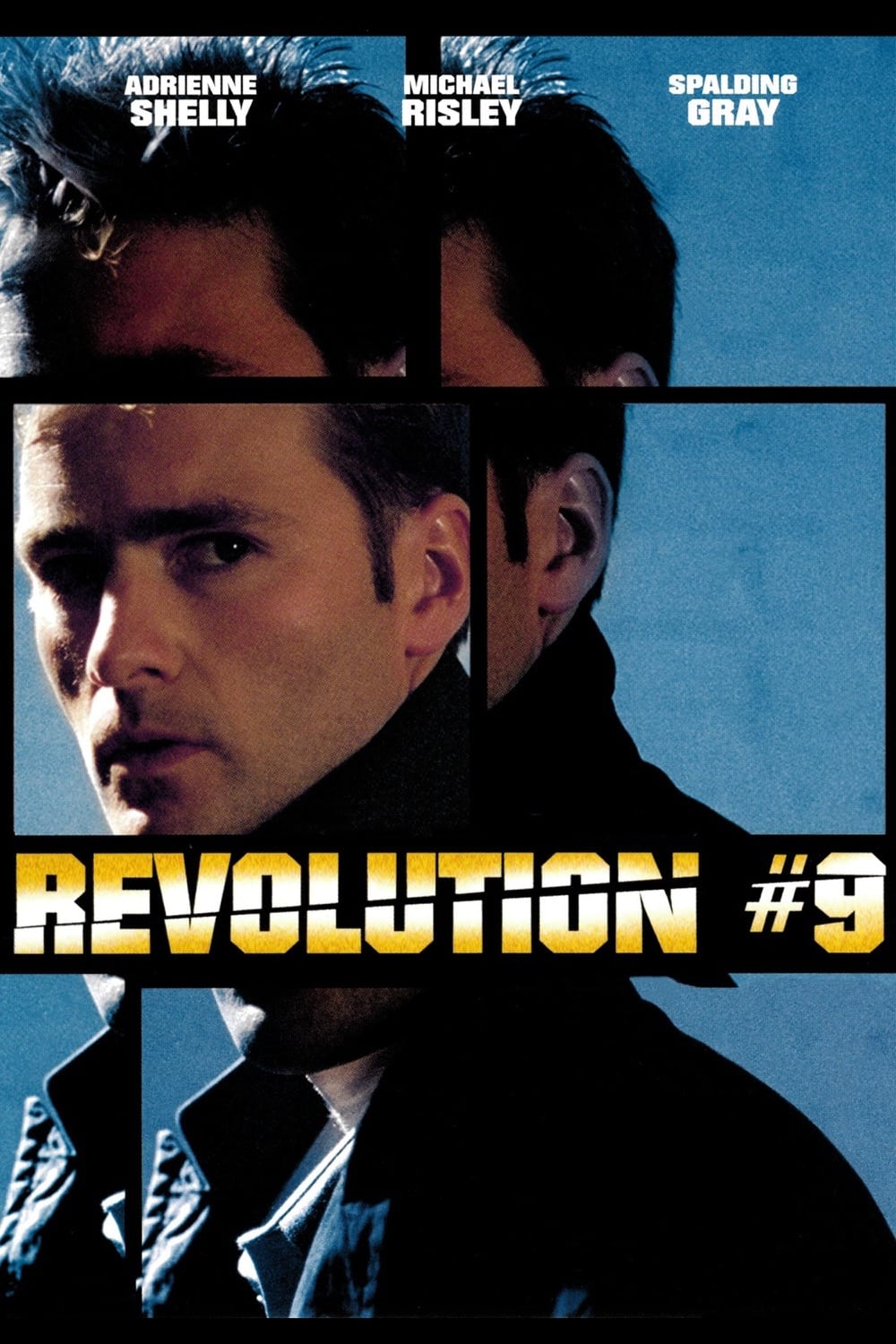
A handsome and successful young man with a lovely fiancée, James Jackson seems to have everything going for him, but his life begins to unravel when he develops an acute sense of paranoia. At first, he notices little things at his office that he takes as signs that people are out to get him, but soon things escalate, with Jackson convinced that a perfume ad on television holds sinister messages aimed at him. Is Jackson losing his mind, or are the threats real?
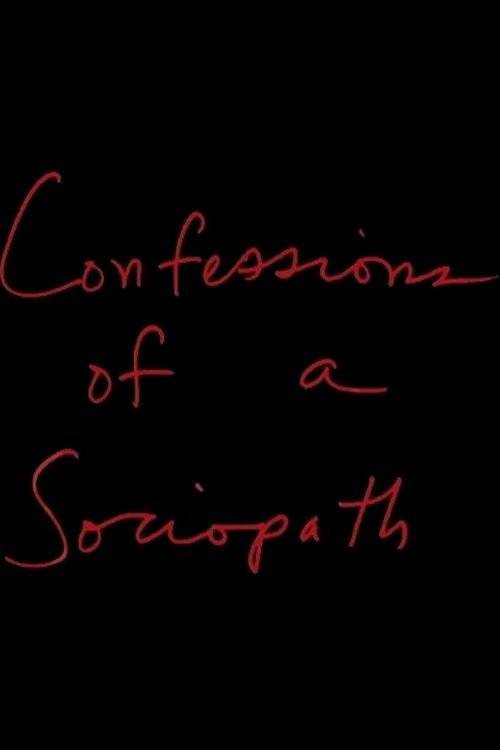
Confessions of a Sociopath is an autobiographical film on digital video and Super 8 film, conceived as a real-life version of Beckett’s Krapp’s Last Tape. In this film, Joe Gibbons plays a fictionalized version of himself as he discovers a roomful of Super 8 footage from his own life, detailing events he can no longer recall. This footage shows his earlier film experiments, his descent into destructive behavior, and his “bottoming out” on drugs and alcohol. At a certain point, the films are replaced by random photos, police records, and psychiatric hospital records.
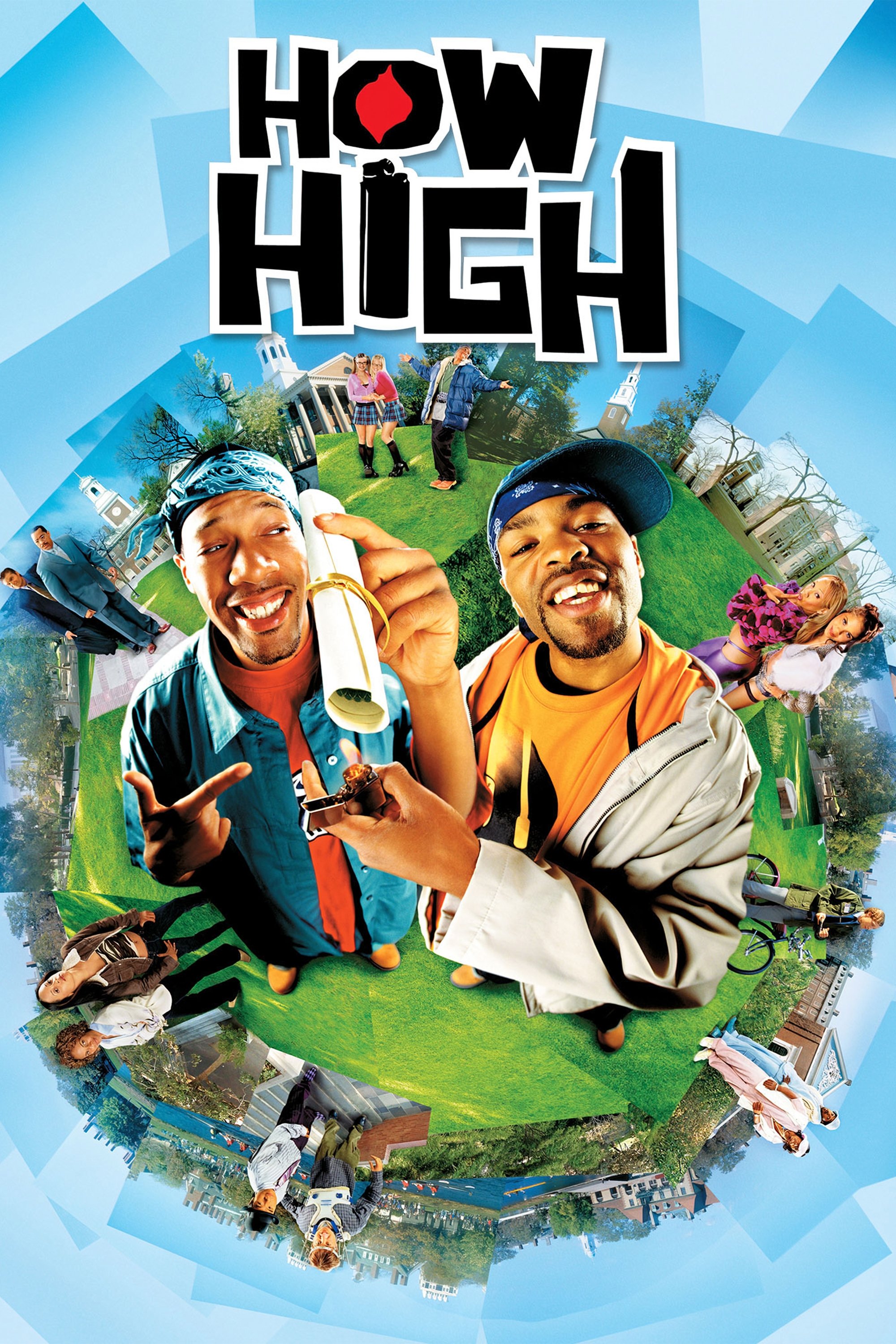
Multi-platinum rap superstars Redman and Method Man star as Jamal and Silas, two regular guys who smoke something magical, ace their college entrance exams and wind up at Harvard. Ivy League ways are strange but Silas and Jamal take it in a stride -- until their supply of supernatural smoke runs dry. That's when they have to start living by their wits and rely on their natural resources to make the grade.
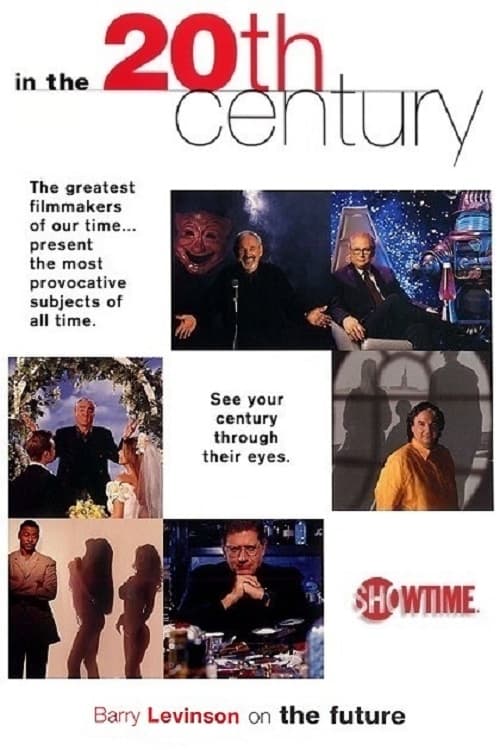
Showtime's "In the 20th Century" is a millennium-related series of feature-length documentaries in which famous directors take on major subjects of their choosing. In the third of the six films, "Yesterday's Tomorrows," filmmaker Barry Levinson delves into what we, as Americans, thought the future would be as we traveled through the 20th century. Houses and cars of the future, the promise of technology, and the other hopes and dreams of the early part of the century gave way to the fears and anxieties brought about by the atomic age and the Hollywood disaster films that followed. Soon we wondered if we could control technology, or if it would control us. This film is by turns light-hearted and thoughtful, and rare historical and archival film, produced by government and industry, alternates with on-screen interviews with people as diverse as consumer advocate Ralph Nader, cartoonist Matt Groening, futurist Alvin Toffler, comedienne Phyllis Diller, and actor Martin Mull.
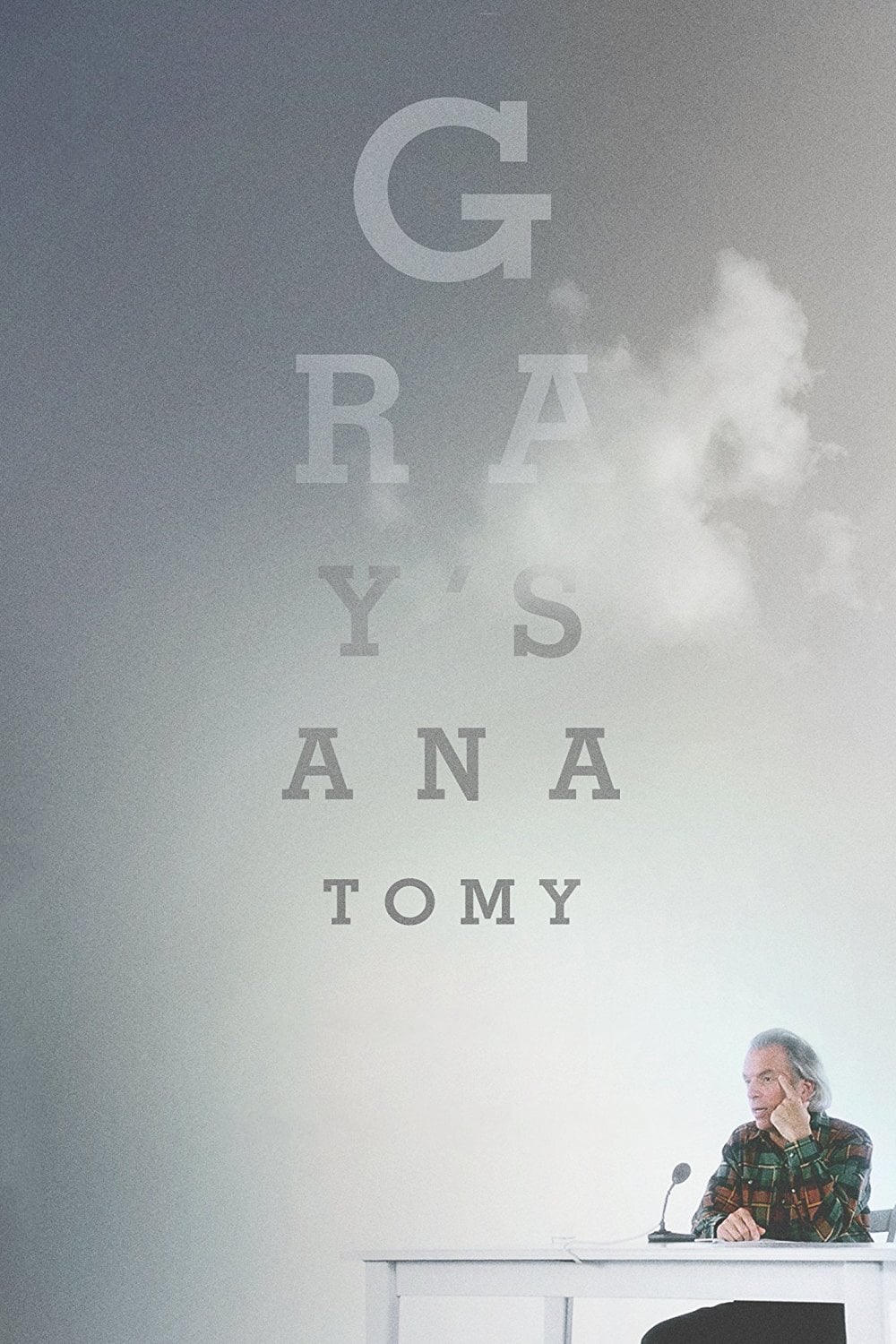
The film documents, in an often dramatic and humorous fashion, Gray's investigations into alternative medicine for an eye condition (Macular pucker) he had developed.
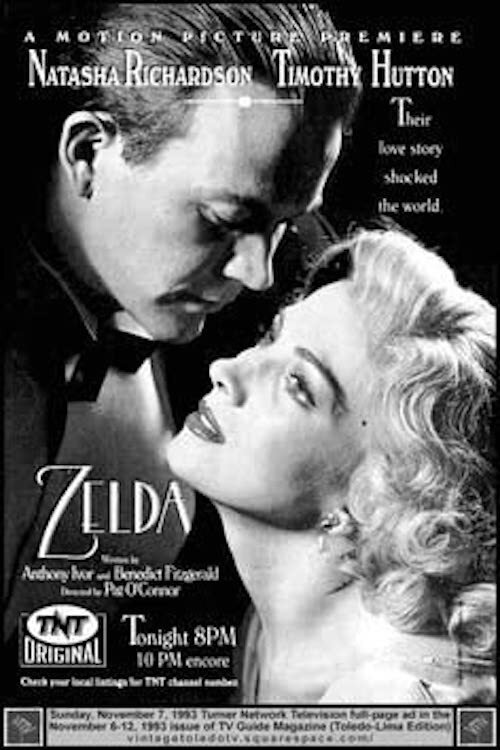
Famous 1920s modernist writer F. Scott Fitzgerald and his eccentric Flapper socialite wife Zelda Sayre's relationship began quite passionately, but he slowly fell into alcoholism and she was eventually diagnosed with schizophrenia.
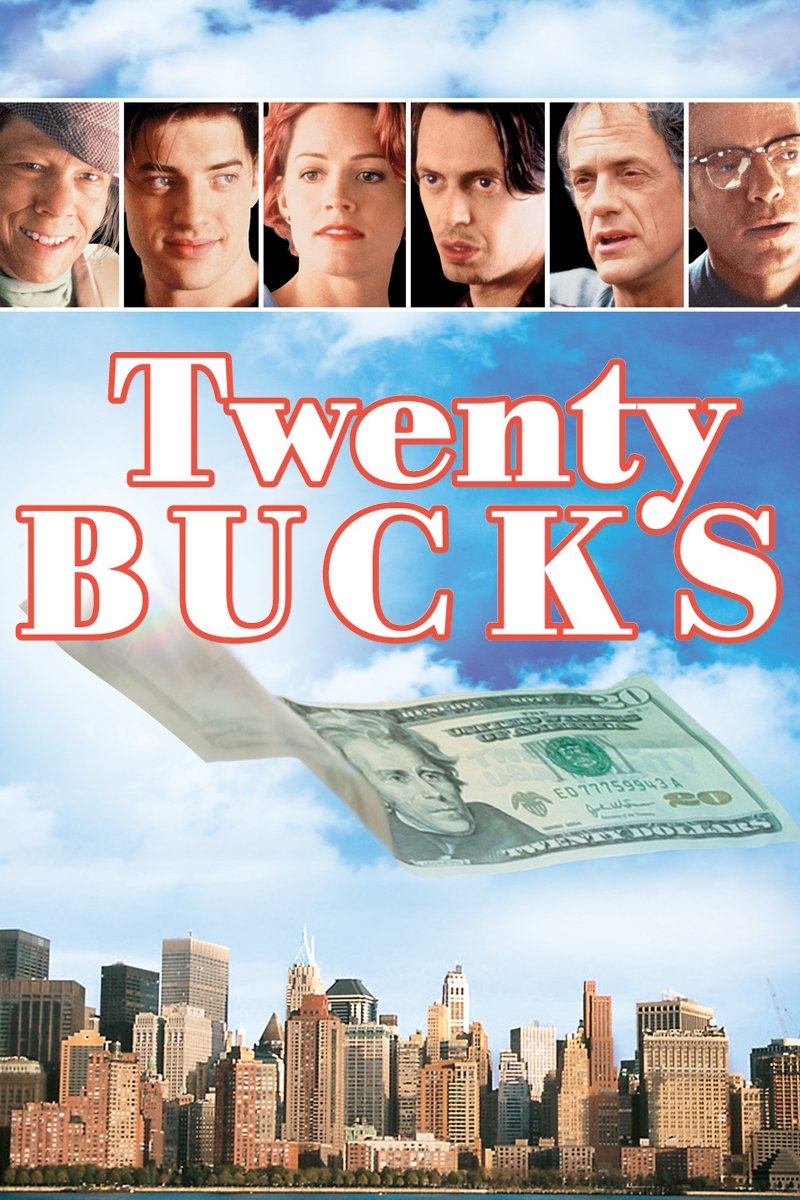
A story about the life of a twenty dollar bill as it weaves in and out of the various lives of several people.
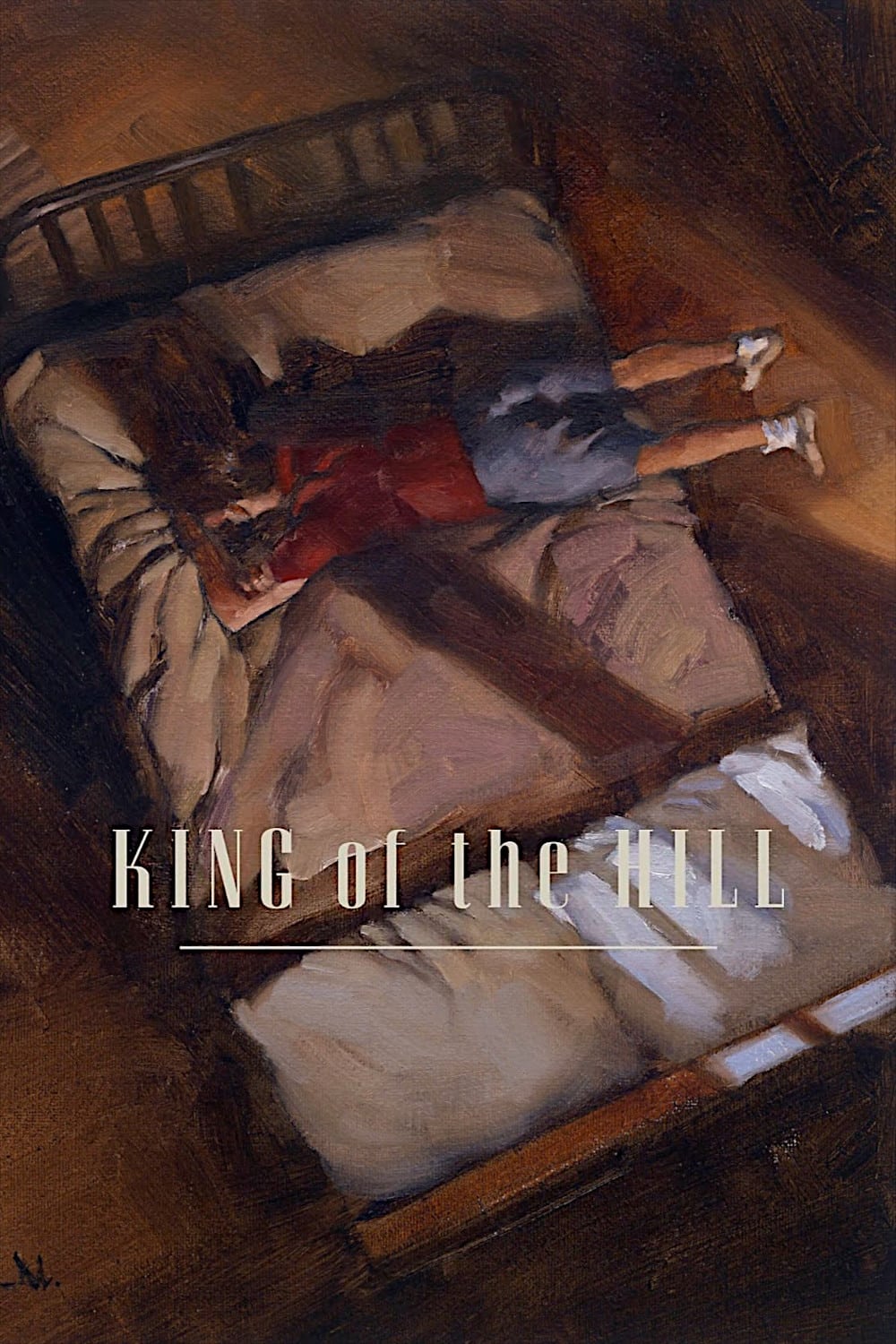
Based on the Depression-era bildungsroman memoir of writer A. E. Hotchner, the film follows the story of a boy struggling to survive on his own in a hotel in St. Louis after his mother is committed to a sanatorium with tuberculosis. His father, a German immigrant and traveling salesman working for the Hamilton Watch Company, is off on long trips from which the boy cannot be certain he will return.
Spalding Gray (June 5, 1941 – January 11, 2004) was an American actor, novelist, playwright, screenwriter and performance artist. He is best known for the autobiographical monologues that he wrote and performed for the theater in the 1980s and 1990s, as well as for his film adaptations of these works, beginning in 1987. He wrote and starred in several, working with different directors. Theater critics John Willis and Ben Hodges called Gray's monologues "trenchant, personal narratives delivered on sparse, unadorned sets with a dry, WASP, quiet mania." Gray achieved renown for his monologue Swimming to Cambodia, which he adapted as a 1987 film in which he starred; it was directed by Jonathan Demme. Other of his monologues that he adapted for film were Monster in a Box (1991), directed by Nick Broomfield, and Gray's Anatomy (1996), directed by Steven Soderbergh. Gray died by suicide at the age of 62 after jumping into New York Harbor on January 11, 2004. He had been struggling with depression and severe injuries following a car accident. Soderbergh made a documentary film about Gray's life, And Everything Is Going Fine (2010). An unfinished monologue and a selection from his journals were published in 2005 and 2011, respectively. Description above from the Wikipedia article Spalding Gray, licensed under CC-BY-SA, full list of contributors on Wikipedia.
By browsing this website, you accept our cookies policy.